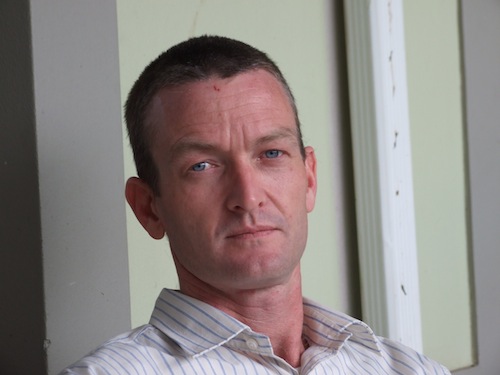
[By Dominic Cull] Icasa, the communications regulator, is mandated to champion the cause of consumers in the electronic communications market and to protect them from the worst excesses of former monopolists, cellular cartels and miscellaneous fly-by-night operators.
While this is no easy task, it is made that much harder by the apparent unwillingness of the authority to engage with their consumer constituency.
No matter what the advertisements may try to tell you, the communications industry is not a consumer-friendly space. High prices, poor quality of service and evasive support are widely acknowledged.
The Icasa end-user and subscriber service charter regulations 2009, which set out quality-of-service measures to be observed by licensees, come into force on 8 September and are intended to address many of the problems experienced by consumers.
The regulations place the following obligations on licensees:
- Services must be available for an average of 95% of the time calculated over six months;
- At least 90% of requests for installation and activation (ie. where there is no existing network) must be met — for qualifying service applicants — within 30 business days of request and 100% of such requests must be met within 40 business days;
- At least 90% of requests for activation only (ie. where there is an existing network connection available to the applicant) must be met — for qualifying service applicants — within seven business days of request and 100% of such requests must be met within 15 business days;
- Where the licensee cannot meet a request for installation and/or activation it must furnish reasons for this failure within seven days of the request for installation and/or activation;
- The connection failure rate, including dropped calls, must not exceed 3% averaged over 6 months;
- Operator-assisted calls must be answered within three minutes (on average) over a 12-month period;
- Licensees must monitor their networks on a 24/7/365 basis;
- At least 90% of faults reported to the licensee must be cleared within three business days and 100% within six business days;
Licensees must, furthermore, compile reports on their compliance with the above and lodge these with Icasa every six months.
Though the regulations are undoubtedly a step forward, it is disturbing that they have been finalised with little apparent input from consumers or consumer organisations. Instead, the details have been hammered out at a series of workshops and consultations held between the regulator and industry. These meetings have resembled nothing more than a meeting of the sharks in order to decide how best to go about protecting the fish.
The sharks, particularly in the guise of the mobile networks, have also ensured the effective watering-down of the regulations by indicating their unhappiness with previous drafts and their willingness to approach the courts if necessary to remedy what they regarded as substantive and procedural errors.
As a result, the final regulations are, in many places, weak and likely to further the interests of lawyers acting for licensees more than those of consumers.
The failure to engage with consumers is puzzling if one considers that there is a special body formed precisely for the purpose of ensuring that Icasa understands and takes into account consumer concerns.
The Consumer Advisory Panel (Icasa-Cap) was formed — as required by the Electronic Communications Act — in 2007 with a brief to advise the regulator on consumer matters. The first appointments to the panel featured some highly skilled and dedicated people with long histories of championing consumer interests in the communications and other industries.
But since that time the panel seems to have disappeared. Members of Icasa-Cap are prohibited from speaking to the press so information is hard to come by, but it appears that a series of disagreements between Icasa and Cap as regards the powers of the latter have seriously impaired its functioning.
Rumours of mass resignations abound as those appointed appear to be coming to terms with Icasa’s lack of interest in providing the assistance required to allow Cap to achieve its mandate.
The service charter regulations also set out a complaints process in terms of which complaints can be escalated to Icasa. But those who have tried to lodge complaints with the regulator will know that getting satisfactory resolution is close to impossible.
Icasa recently announced it would be spending R7,3m to beef up its processes, so perhaps we should suspend cynicism in this regard for now. But certainly the reality is that consumers are more likely to complete a call driving between Pretoria and Johannesburg than they are to receive a happy outcome through lodging a complaint with the regulator.
Another example of the sidelining of consumer interests is the failure of Icasa to finalise regulations dealing with the odious and frankly dishonest practice of bundling handsets with contracts. Handset subsidy regulations were promulgated and then hastily withdrawn as threats of legal actions from the networks were made.
Despite promises from Icasa that these would be quickly fixed and re-released, many months have now passed while consumers continue to be the subject of this form of exploitation.
At this stage it seems that consumers should be looking ahead to a piece of legislation which has nothing to do with Icasa for a degree of relief and salvation. Indeed, it is to be hoped that the coming into full force and effect next year of the Consumer Protection Act — drafted with the fish, not the sharks, in mind — will render many of Icasa’s efforts irrelevant.
- Dominic Cull specialises in electronic communications regulation. Find him online at www.ellipsis.co.za. This column is written in his personal capacity




